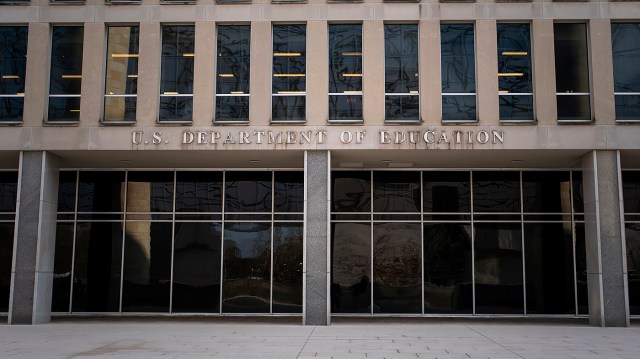Mental Health Budgets Slashed: Trump's DEI Cuts Spark Nationwide Education Controversy

In a controversial move, the Department of Education has decided to halt the renewal of a substantial $1 billion mental health funding program for schools, raising eyebrows with its stated concerns about diversity, equity, and inclusion (DEI) efforts embedded in the contract terms.
The significant funding stream, which has been crucial for supporting student mental health services across the nation, will now face an unexpected interruption. Education officials have signaled that the current contract's approach to DEI does not align with their current strategic vision, leading to this dramatic funding suspension.
This decision comes at a critical time when schools are already struggling to provide comprehensive mental health support for students, particularly in the aftermath of the COVID-19 pandemic's widespread psychological impacts. The abrupt withdrawal of funds could potentially leave many school districts scrambling to maintain essential mental health resources and support programs.
Educators and mental health advocates are expressing deep concern about the potential consequences of this funding cut, warning that it could create significant gaps in student support services and potentially exacerbate existing mental health challenges among young learners.
The Department of Education has yet to provide a detailed roadmap for how schools should proceed in the wake of this funding withdrawal, leaving many educational institutions uncertain about their future mental health programming.
